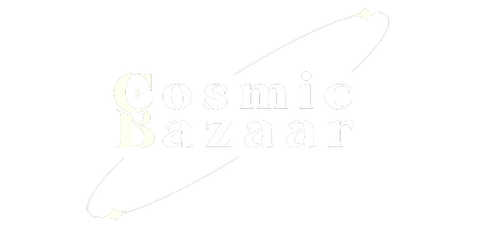Another new 365-day journey begins.
Chinese New Years: Sunday, January 22nd, 2023, starting a year of the Rabbit.
Seollal ( Korean New Year): January 22nd 2023, Koreans usually perform ancestral rites, play folk games, eat traditional foods, listen to stories and talk well into the night.
Nyepeli (Balinese New Year): Wednesday, 22nd March 6am, and Thursday, 23rd March 6am. celebrated on the first new moon in March. a week's worth of ceremonies, rituals and parades.
Nowruz (Iranian New Year): March 21, 2023, this day is an ancestral festivity marking the first day of spring and the renewal of nature. Same as the Equinox
Ugaadhi ( Telegu & Kannada New Years): April 2nd, Ugaadhi means the beginning of an era. it is a symbolic reminder that one must expect all flavors of experiences in the coming new year.
Aluth Avurudda ( Sinhalsese New Year): April 13th and 14th, symbolizing the ending of the old year, and the beginning of the New Year. Lions are the most celebrated animal for Sinhalese people, symbolising heraldry.
Put handu ( Tamil New Years): Friday, April 14, 2023, marks the beginning of Tamil Shaka Samvata
Diwali ( Marwari & Gujarati New years): November 10 (Dhanteras) and go on till November 13. During Diwali Puja all is in presence of Goddess Lakshmi to seek Her blessing and this ritual is known as Chopda Pujan.
Rosh Hashanah (Jewish New year): begins at sundown on 15-Sep-2023 and ends at nightfall on 17-Sep-2023. It’s one of Judaism's holiest days. Meaning “head of the year” or “first of the year,” the festival begins.
Ra’as: Sanah-al Hijriyah (Islamic New Year): Wednesday, July 19, 2023. the day is spent in contemplation and reflection. No big celebrations are held.
Aboriginal Murador New Years: October 30th, an important day in the tribe's calendar, this marks a time for friendship, reconciliation, and giving thanks to the year that has gone by.
Andean New Years: the return of the Sun across the Andean countries it is a recognition of the traditional New Year and solstice celebrations of the indigenous peoples of the Andes.
Druids and Wiccans: 20 March, Spring Equinox is an important astronomical event. Those who follow earth-based (pagan) wisdom traditions and draw on beliefs following nature adoration. In England, Druid and Wiccan groups gather at Stonehenge to greet the rising sun on the Spring Equinox, which they celebrate as Ostara.
Whatever tradition or culture you follow on the New Year day, let that be during the Equinox, having a dining party, creating rituals, setting resolutions or enjoying a sunset, the only intention is that the gained good through that will help you have a prosperous year ahead.
The only big belief here is that the things we do and the emotions we go through on the New Year will have a great impact on the days to follow in the year.



Comments (0)
There are no comments for this article. Be the first one to leave a message!